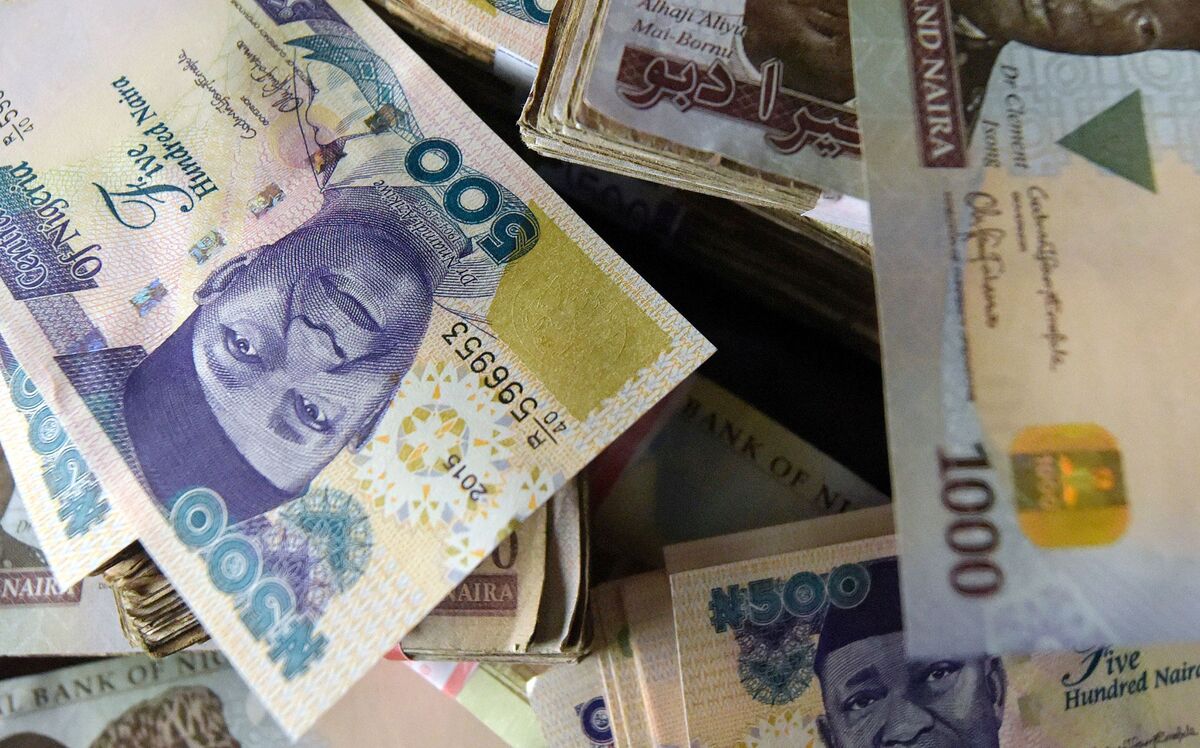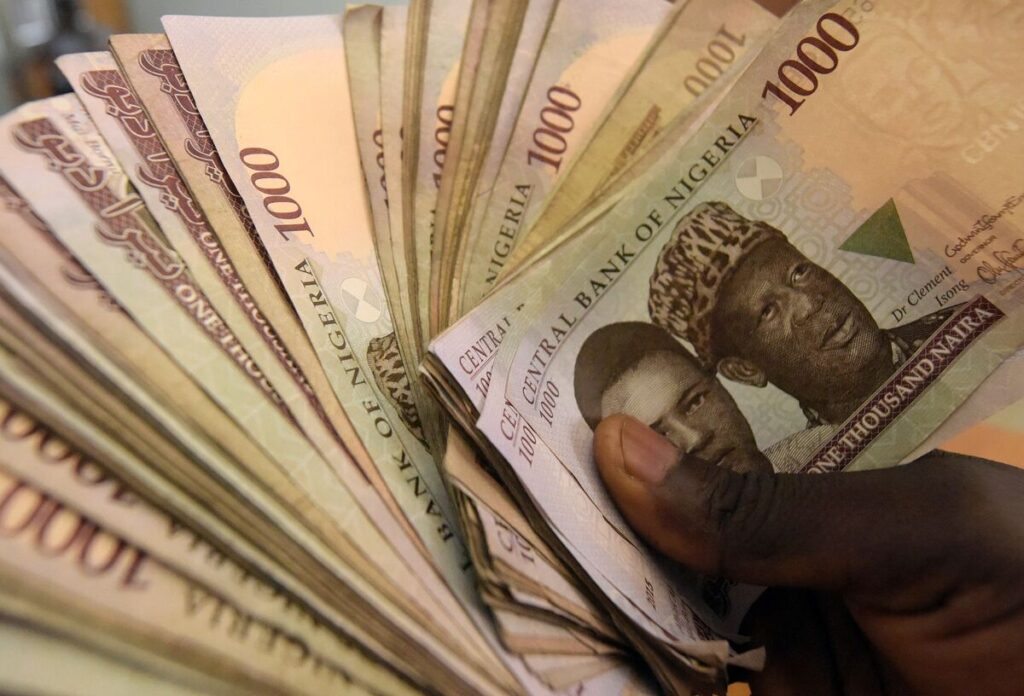Introduction: A New Dawn or Economic Uncertainty?
Nigeria, the largest economy in Africa, is no stranger to inflationary pressures. Under the administration of President Bola Ahmed Tinubu, economic challenges have been met with a series of bold reforms aimed at stabilizing the nation’s economy. However, these changes have triggered significant inflationary effects, impacting the livelihoods of millions. As citizens grapple with the rising cost of goods and services, questions arise: Is the Tinubu government leading Nigeria toward long-term economic stability, or are these inflationary trends signs of deeper issues to come?

In this article, we will examine the economic policies implemented by President Tinubu’s administration, analyze their effects on inflation, and assess the broader implications for Nigeria’s economy and its people.
The Economic Landscape Before Tinubu: A Foundation of Inflation
Before Bola Tinubu took office in May 2023, Nigeria was already facing significant economic hurdles. Rising inflation, driven by factors such as currency devaluation, high import dependency, and fluctuating oil prices, had steadily eroded the purchasing power of Nigerians.
According to the National Bureau of Statistics (NBS), Nigeria’s inflation rate stood at 22.41% in May 2023, a decade-high figure. This was largely attributed to the impact of fuel subsidies, supply chain disruptions due to insecurity, and the Central Bank of Nigeria’s monetary policies.
Fuel Subsidies: A Double-Edged Sword
For years, Nigeria has subsidized fuel prices to protect consumers from global oil market volatility. However, this subsidy came at a significant cost to government revenues, often leading to fiscal deficits. The economic debate had long centered on whether removing the subsidy would alleviate government debt or exacerbate inflation by pushing up transportation costs, which are intricately tied to the price of fuel.
Tinubu’s decision to remove fuel subsidies was one of his first major economic moves, sparking both praise and protest. This policy has been a crucial factor in shaping inflation trends under his administration.
Tinubu’s Economic Policies: Bold Reforms, Unintended Consequences
President Tinubu’s economic vision is centered on reform. His administration has introduced a series of policies aimed at stabilizing the economy and encouraging investment. These policies, while necessary for long-term growth, have had immediate inflationary effects, raising concerns about affordability and living standards in the short term.
1. The Fuel Subsidy Removal
On his inauguration day, Tinubu announced the immediate removal of fuel subsidies, stating, “Fuel subsidy is gone.” The policy, designed to cut government spending and redirect funds to other critical sectors like infrastructure and education, immediately led to a sharp increase in fuel prices. With transportation costs rising, the prices of essential goods also skyrocketed, driving inflation further.
Impact on Inflation: Within weeks, inflation had surged to over 24%, with the food inflation rate spiking dramatically. The cost of staple foods like rice, bread, and cooking oil soared, forcing many Nigerians to cut back on their basic needs.
2. Currency Devaluation: Floating the Naira
Another significant policy shift was the Central Bank of Nigeria’s decision to float the naira, ending the managed exchange rate system. This move aimed to attract foreign investment by allowing the naira’s value to be determined by market forces. However, the immediate consequence was a steep depreciation of the currency, leading to higher import costs and fueling inflation.

Economic Analyst Perspective: Economist Uche Ekeoma argues, “While the naira devaluation was a necessary step to stop the bleeding of forex reserves, the timing and speed of implementation shocked the system, leading to short-term price hikes across all sectors.”
Inflation’s Impact on the Average Nigerian: A Daily Struggle
The inflationary surge has had a profound impact on the daily lives of Nigerians. The cost of food, transportation, and housing has risen significantly, disproportionately affecting low-income households. According to a report by the NBS, 63% of the population is classified as multi-dimensionally poor, a situation exacerbated by rising inflation.
Household Struggles
Many Nigerians now spend a larger portion of their income on food, leaving little for education, healthcare, or savings. Maryam Suleiman, a Lagos-based trader, describes the current economic climate: “It’s becoming impossible to save money. Every week, the price of food goes up. My children are eating less, and I’m worried about the future.”
The Middle Class and SMEs: Struggling to Stay Afloat
Nigeria’s middle class, once a growing economic force, has seen its purchasing power decline. Small and medium-sized enterprises (SMEs), which rely on imported goods, have been hit hard by the high cost of foreign exchange and rising transportation costs.
SME Owner Insight: “Our production costs have doubled,” says Adebola Akinwunmi, an entrepreneur in the manufacturing sector. “We’re finding it difficult to stay competitive, and some businesses have had to shut down.”
Government Response: Short-Term Palliatives vs. Long-Term Solutions
In response to the economic pressures, Tinubu’s government has introduced a series of palliatives, such as cash transfers to vulnerable populations and the creation of social investment programs. However, critics argue that these measures are stopgap solutions that fail to address the root causes of inflation.
The Central Bank’s Role: Balancing Act
The Central Bank of Nigeria (CBN) has also stepped in by raising interest rates in an attempt to curb inflation. However, this has made borrowing more expensive, stifling business growth and investment in key sectors like manufacturing and agriculture.
“Raising interest rates is a double-edged sword,” notes financial expert Chike Obi. “While it helps reduce inflation, it also discourages businesses from expanding, which can slow down economic recovery.”
Is There Hope for Economic Stability?
While the inflationary pressures under Tinubu’s government are undeniable, there are indications that the reforms, if properly managed, could lead to long-term economic stability. The government’s focus on reducing reliance on oil, promoting agricultural growth, and attracting foreign investment through its currency policies could pay off in the future.
However, experts warn that without immediate measures to ease inflationary pressures, Nigeria could face social unrest and an even wider gap between the rich and poor.
Looking Forward: A Delicate Balancing Act
The Tinubu administration faces the challenging task of balancing short-term economic pain with long-term gains. If properly implemented, these reforms could modernize Nigeria’s economy, making it more resilient to global economic shocks. However, the government must address inflation head-on to prevent further deterioration in living standards.
Conclusion: Navigating the Storm
Nigeria’s current inflationary crisis presents both challenges and opportunities for the Tinubu government. While bold reforms are essential for long-term economic stability, their immediate impact on inflation is placing immense pressure on ordinary Nigerians. The success of Tinubu’s policies will depend on the administration’s ability to mitigate short-term hardships while setting the foundation for sustainable growth.
As the nation navigates this economic storm, one question remains: Can the Tinubu government find the right balance between reform and relief?

